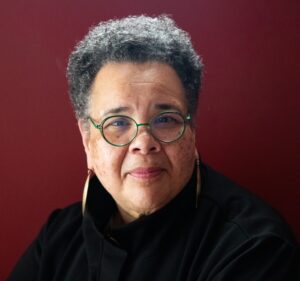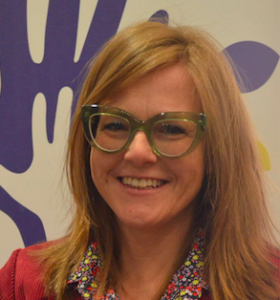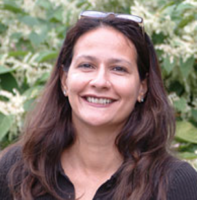justice
Select an item by clicking its checkbox
Originally, this paper was presented at the Academic Labor and Contingent Faculty Committee and Academic Relations Committee panel of the American Academy of Religion, November 20, 2023, San Antonio. The theme of the panel was: Contingent Faculty, Just Labor, and the Ethics of Care. I. Paradigm Shifts New occasions teach new duties, ...
In Por Uma Educação Romantica (Papirus, 2003), Rubem Alves speaks about how he found his way to poetry. He describes how woundedness he experienced in life made him understand that literature, poetry, music, storytelling, and the visual arts were not only nutrients for violated and hungry bodies but also ...
In striving to craft a trauma-informed pedagogy while teaching about social justice, my reflections have often circled around a central question: When is it appropriate to use tragic and traumatic current events as examples of injustice in the classroom? I’ve been pondering this question for the last few years, ...
No better time to teach how Islam is “raced” than now. Comments by the likes of Donald Trump provide excellent fodder for discussions about race, religion, and racism. It is also true that the kinds of questions asked by journalists and the stories they tell reveal the nature of anti-Muslim ...
COVID-19 forced a long-overdue reckoning with various problematic aspects of the academy. Ranging from creating equitable classrooms and workspaces to securing meaningful job placements for Black, Indigenous, and Latinx faculty, the issues that we are now dealing with “out loud” are ones that many of us have been contending with ...




